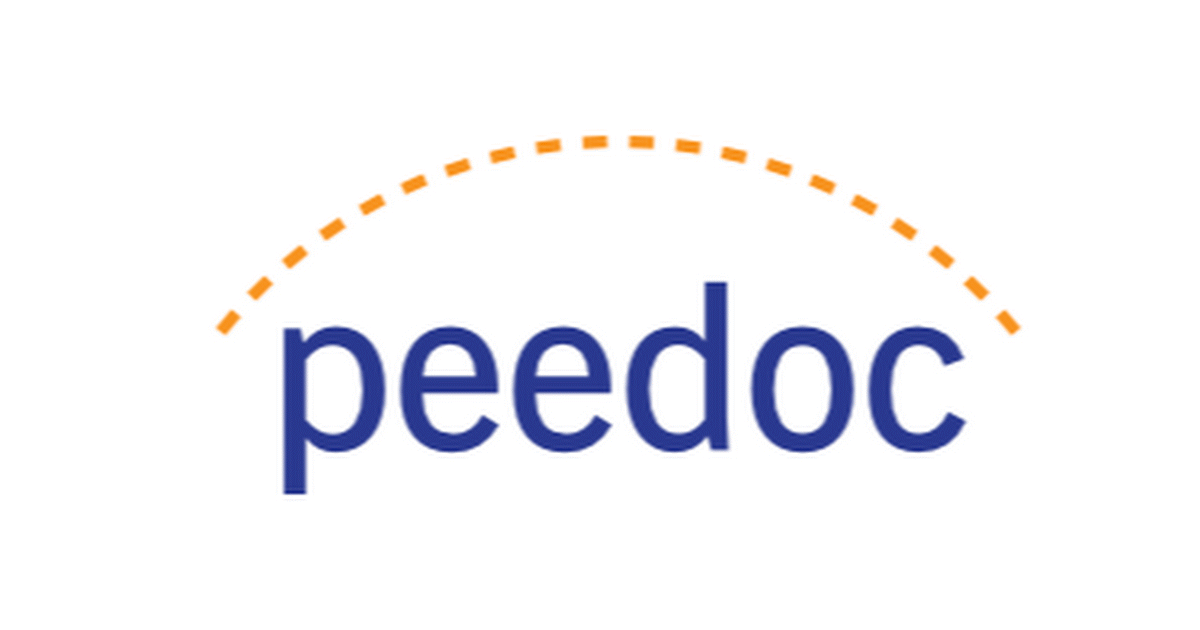
Kidney Stones
Kidney Stones: A Personal and Professional Perspective
In the summer of 1995, I had just finished my 2 year general surgery residency and had just begun my urology training. One Sunday morning, as I was preparing to go to church, I felt an intense wave of heat come over me. Suddenly, I was overwhelmed by nausea, pain, and an unshakable sense of dread. Within moments, I was vomiting and writhing in agony, convinced that something catastrophic was happening. After hours of unrelenting pain and a hefty dose of morphine, the culprit was revealed: a 3 mm calcium oxalate kidney stone.
That excruciating experience left a lasting impression, giving me a deep sense of empathy for anyone enduring the same ordeal.
Kidney stones are often described as one of the most severe pains a person can experience. At our practice, we use state-of-the-art tools and techniques to treat kidney stones and, more importantly, identify the underlying causes to prevent future occurrences.
Kidney Stone Treatment
Whether your kidney stone is a minor inconvenience or a complex medical challenge, we offer a full range of treatment options tailored to your needs:
Medical Expulsive Therapy (MET)
For small stones, certain medications can encourage passage and even dissolve specific types of stones. We guide you through this process, setting clear expectations and supporting you every step of the way.
Extracorporeal Shock Wave Lithotripsy (ESWL)
This non-invasive procedure uses sound waves to break a kidney stone into tiny fragments, making them easier to pass. ESWL is performed under anesthesia and is one of the least invasive options available.
Ureteroscopy
Using a tiny camera and laser technology, we can locate and remove stones from the ureter or kidney. After this procedure, a temporary stent is usually placed to ensure proper healing, which will be removed later.
Percutaneous Nephrostolithotripsy (PCNL)
For larger or more complex kidney stones, PCNL is often the best solution. This involves removing stones directly through a small incision in the back. We collaborate with skilled interventional radiologists to tackle even the most challenging cases.
Kidney Stone Prevention
Kidney stones form when waste products in the urine become overly concentrated, causing crystals to precipitate. Think of it like growing salt crystals on a string in a science experiment—except much more painful. Most stones are calcium-based, though there are other types, including uric acid, struvite, and cystine stones.
If you’ve had multiple kidney stones or an especially large one, we offer a comprehensive evaluation to determine the cause. This includes:
-
Stone Analysis
-
Blood Tests
-
24-Hour Urine Tests
The most common culprit is dehydration, but other factors like diet, supplements, or underlying health conditions can play a role. Once we identify the cause, we work with you to implement lifestyle changes, dietary adjustments, or medications to reduce the risk of future stones. After all, the best stone is the one that never forms.
From diagnosis to treatment and prevention, we’re here to support you every step of the way. When you’re dealing with kidney stones, you deserve a specialist who truly understands—both professionally and personally.
If you have a stone, you need a peedoc!


